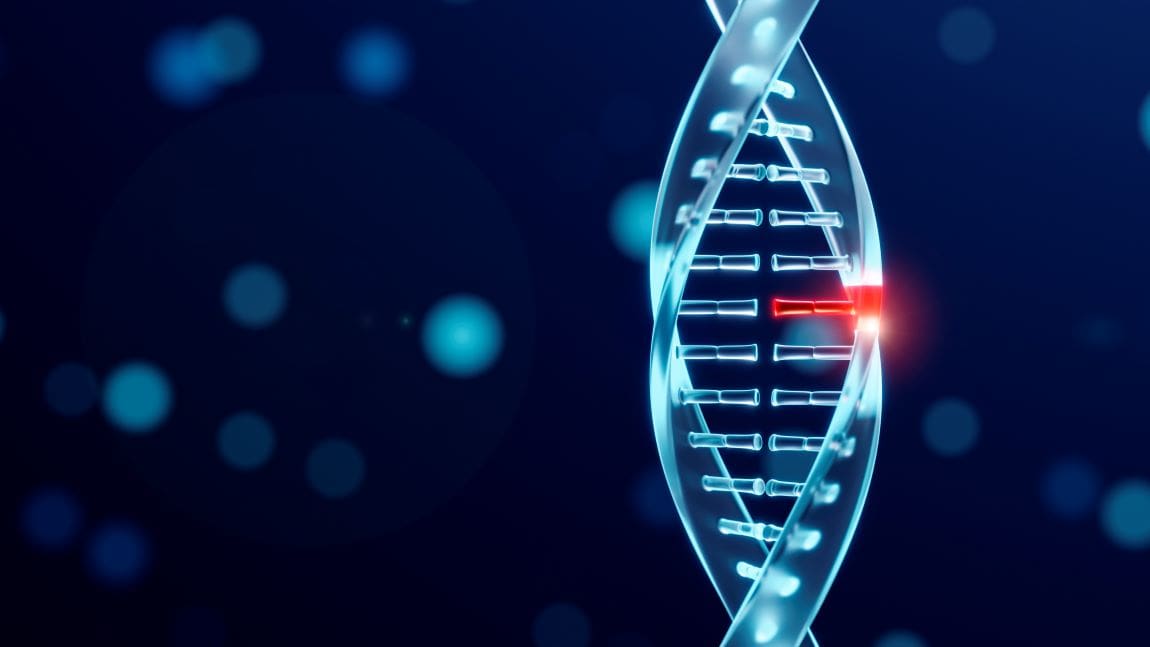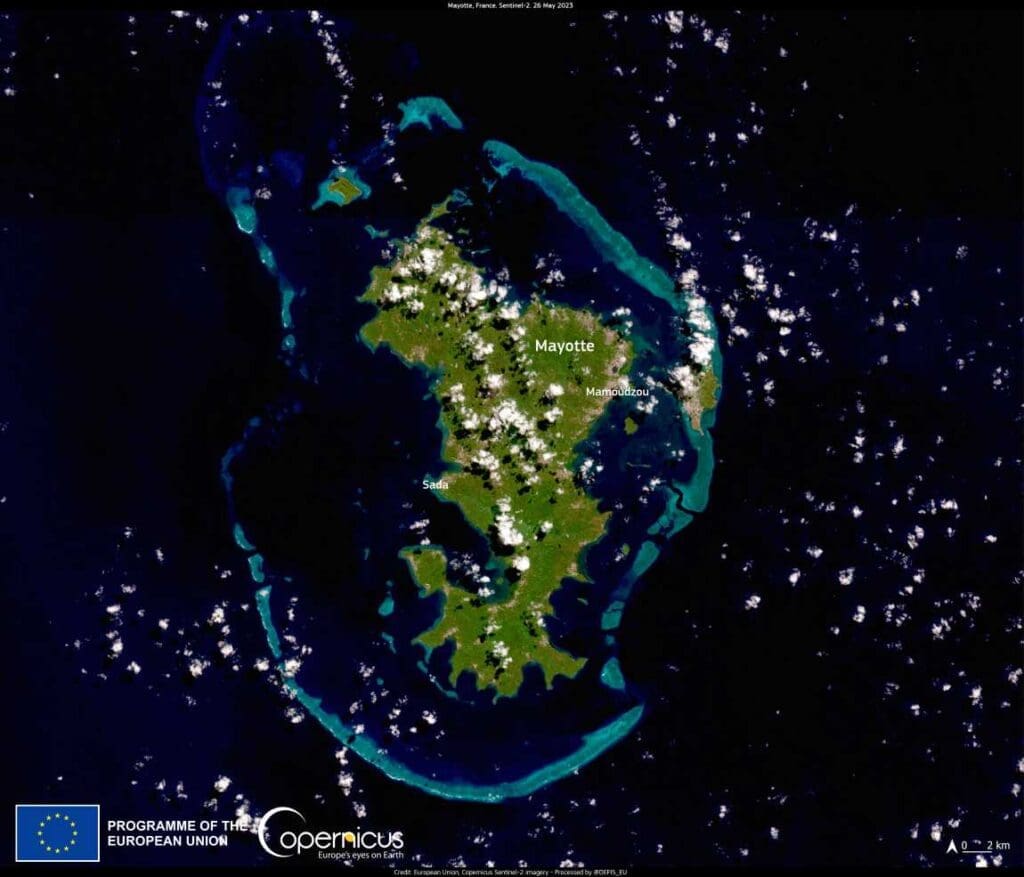PLOS – A new study conducted in roundworms finds that a common plastic ingredient causes breaks in DNA strands, resulting in egg cells with the wrong number of chromosomes. Monica Colaiácovo of Harvard Medical School led the study, which was published in the journal PLOS Genetics.

Benzyl butyl phthalate (BBP) is a chemical that makes plastic more flexible and durable, and is found in many consumer products, including food packaging, personal care products and children’s toys. Previous studies have shown that BBP interferes with the body’s hormones and affects human reproduction and development, but the details of how it impacts reproduction has been unclear.
In the new study, researchers tested a range of doses of BBP on the nematode Caenorhabditis elegans and looked for abnormal changes in egg cells. They saw that at levels similar to those detected in humans, BBP interferes with how newly copyied chromosomes are distributed into the sex cells. Specifically, BBP causes oxidative stress and breaks in the DNA strands, which lead to cell death and egg cells with the wrong number of chromosomes.
Based on these findings, the researchers propose that BBP exposure alters gene expression in ways that cause significant damage to the DNA, ultimately leading to lower quality egg cells with abnormal chromosomes. The study also showed that C. elegans metabolizes BBP in the same way as mammals, and is impacted at similar BBP levels that occur in humans, suggesting that C. elegans is an effective model for studying the impacts in people. Overall, the study underscores the toxic nature of this very common plastic ingredient and the damage it causes to animal reproduction.
The authors summarize: “Here, examining the female germline in the nematode C. elegans, this study found that a level of exposure within the range detected in human serum and urine, alters gene expression linking increased germline oxidative stress with compromised genomic integrity and errors in meiotic chromosome segregation.”
Journal Reference:
Henderson AL, Karthikraj R, Berdan EL, Sui SH, Kannan K, Colaiácovo MP, ‘Exposure to benzyl butyl phthalate (BBP) leads to increased double-strand break formation and germline dysfunction in Caenorhabditis elegans’, PLoS Genetics 20(10): e1011434 (2024). DOI: 10.1371/journal.pgen.1011434
Article Source:
Press Release/Material by PLOS
Featured image credit: Freepik




